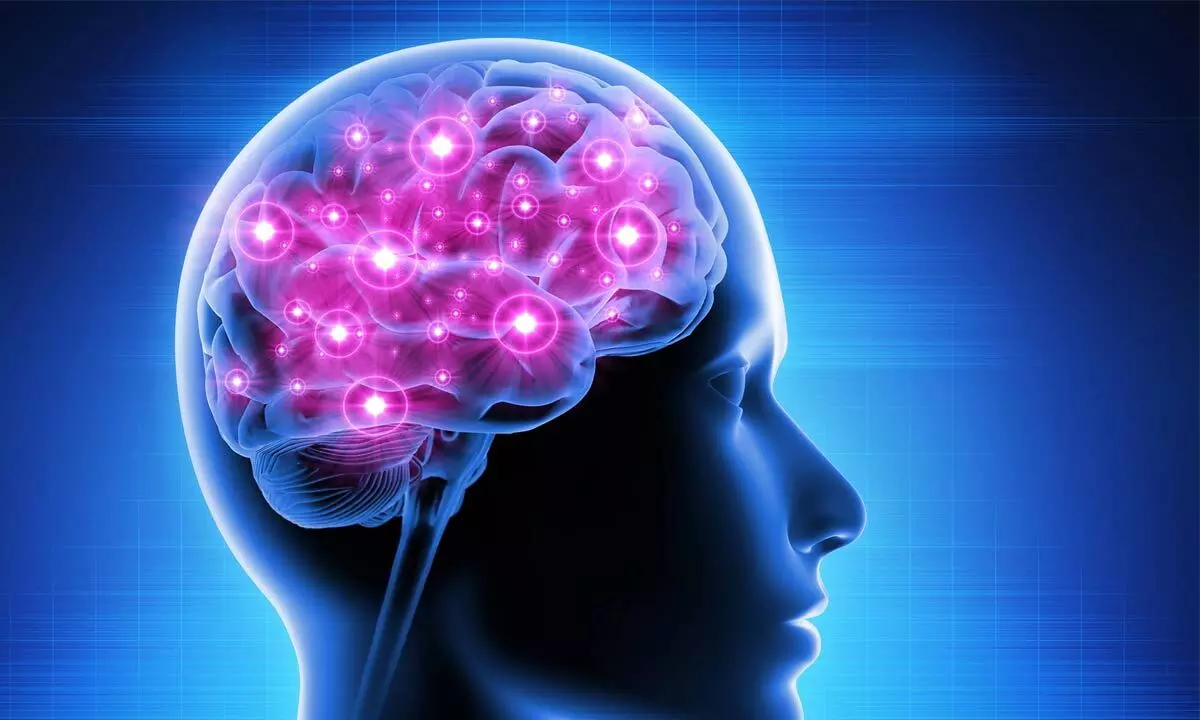Brains with more vitamin D have better cognitive function

Brains with more vitamin D have better cognitive function
A team of US researchers has completed the first study examining levels of vitamin D in brain tissue, specifically in adults who suffered from varying rates of cognitive decline.
A team of US researchers has completed the first study examining levels of vitamin D in brain tissue, specifically in adults who suffered from varying rates of cognitive decline.
Researchers at Tufts University found that members of this group with higher levels of vitamin D in their brains had better cognitive function.
The study, published in Alzheimer's & Dementia: The Journal of the Alzheimer's Association, is the first to examine vitamin D levels in brain tissue and can help scientists further understand dementia and its causes.
An estimated 55 million people worldwide live with dementia, a number that's expected to rise as the global population ages.
To find treatments that can slow or stop the disease, scientists need to better understand the factors that can cause dementia.
"This research reinforces the importance of studying how food and nutrients create resilience to protect the aging brain against diseases such as Alzheimer's disease and other related dementias," said Sarah Booth, director of the Jean Mayer USDA Human Nutrition Research Center on Aging (HNRCA) at Tufts.
Many studies have implicated dietary or nutritional factors in cognitive performance or function in older adults, including many studies of vitamin D, but all of them are based on either dietary intakes or blood measures of vitamin D.
"We wanted to know if vitamin D is even present in the brain, and if it is, how those concentrations are linked to cognitive decline," said lead author Kyla Shea, an associate professor at the Friedman School of Nutrition Science and Policy at Tufts.
In the study, researchers looked for vitamin D in four regions of the brain - two associated with changes linked to Alzheimer's disease, one associated with forms of dementia linked to blood flow, and one region without any known associations with cognitive decline related to Alzheimer's disease or vascular disease.
They found that vitamin D was indeed present in brain tissue, and high vitamin D levels in all four regions of the brain correlated with better cognitive function.
However, it's still unclear exactly how vitamin D might affect brain function.
"Dementia is multifactorial, and lots of the pathological mechanisms underlying it have not been well characterized," Shea said. "Vitamin D could be related to outcomes that we didn't look at yet, but plan to study in the future."
However, experts caution people not to use large doses of vitamin D supplements to boost brain power.
The recommended dose of vitamin D is 600 IU for people 1-70 years old, and 800 IU for those older - excessive amounts can cause harm, and have been linked to the risk of falling.











